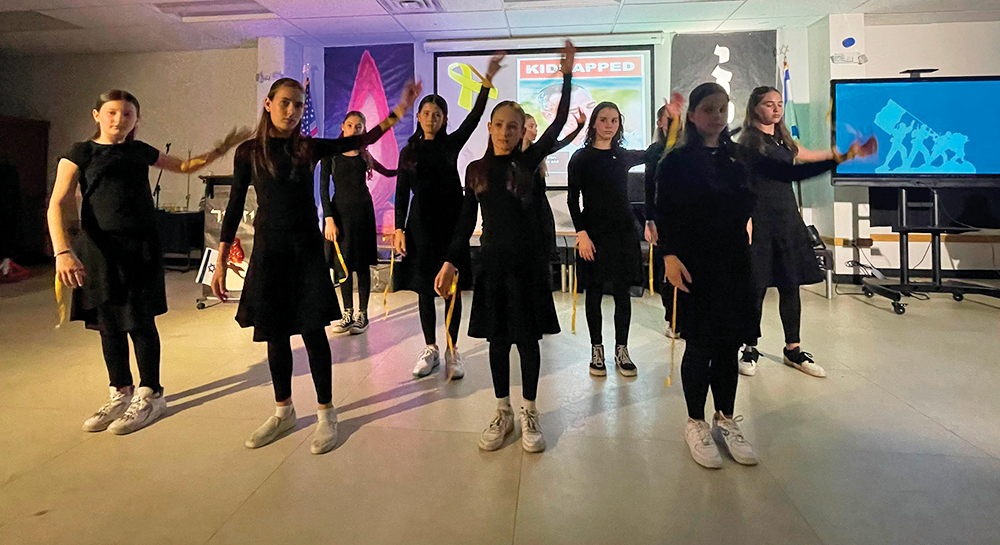
Parshat Ekev
This week’s haftarah, the second of the “Seven Haftarot of Consolation,” is taken from chapters 49, 50 and 51 in Sefer Yish’ayahu. It has been said that the opening words of each of these readings make up an ongoing conversation between the comforting prophet and the grieving nation. That is certainly true of the first two haftarot. Last week, the prophet cried out to the people “Nachamu” and this week the nation responds that they can find no comfort, “Vatomer Tziyon Azavani Hashem,” for, Zion says, God had abandoned and forgotten me! They see in their exile not only a punishment for their sins but a rejection of their chosenness and an ending of their relationship with God. It is this mistaken belief that makes it impossible for Israel to be comforted.
The haftarah, therefore, proceeds to address these feelings of abandonment as the prophet reassures the nation that God’s connection to them is closer than even that of a mother to her infant. Yish’ayahu continues by promising that the exile would not be long and that soon they will witness a return of exiled nation and the rebuilding of the destroyed cities. The return, he promises, will be so complete that there will be insufficient room for those returning, astonishing the nation and making them wonder from where all the masses had come.
The comforting words of Yish’ayahu go beyond those we read last week in which the prophet depicts the relationship of Israel to God as one of servants to master. In this week’s haftarah, the depictions reflect more intense relationships: one of parent to child, of king to a treasured nation and, finally, as husband to wife. In the closing verses, God challenges His people to learn from Avraham and Sarah, their founding couple, and believe that, just as they believed in God’s promise to make them into a great nation—and indeed He kept that promise—so should Israel believe in God’s promise of a full redemption.
May we, who live during the “Atchalta D’Geulah,” we, who see the fruition of the haftarah’s prediction that the desert will become a Garden of Eden, also soon witness the final words: “Joy and gladness will be found therein—thanksgiving and song.”













